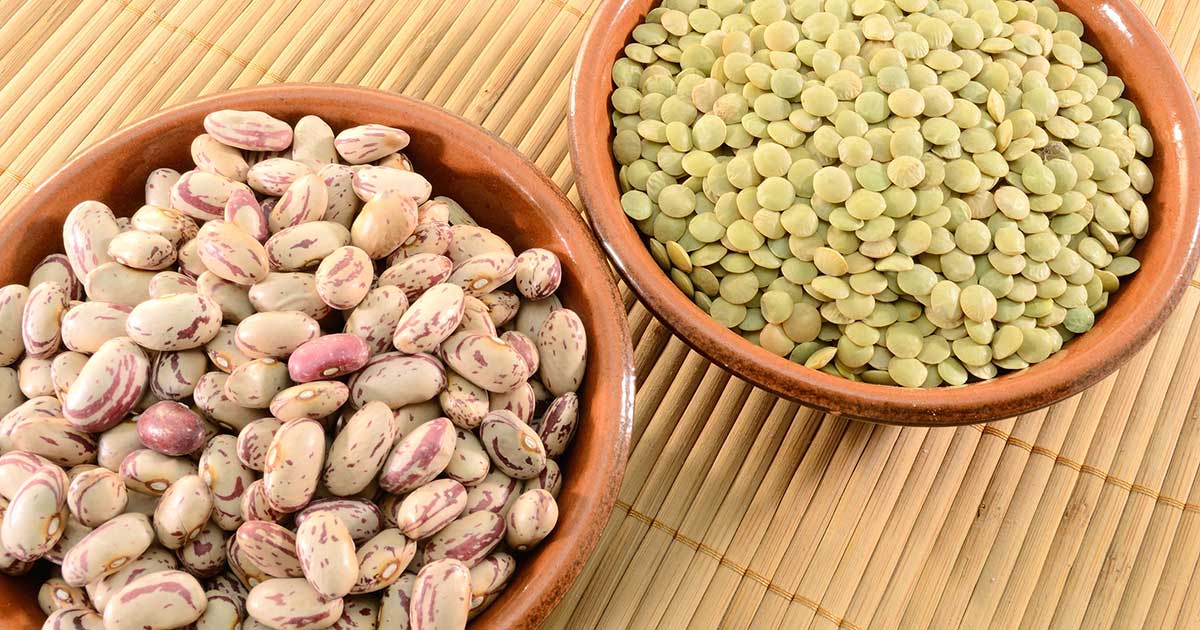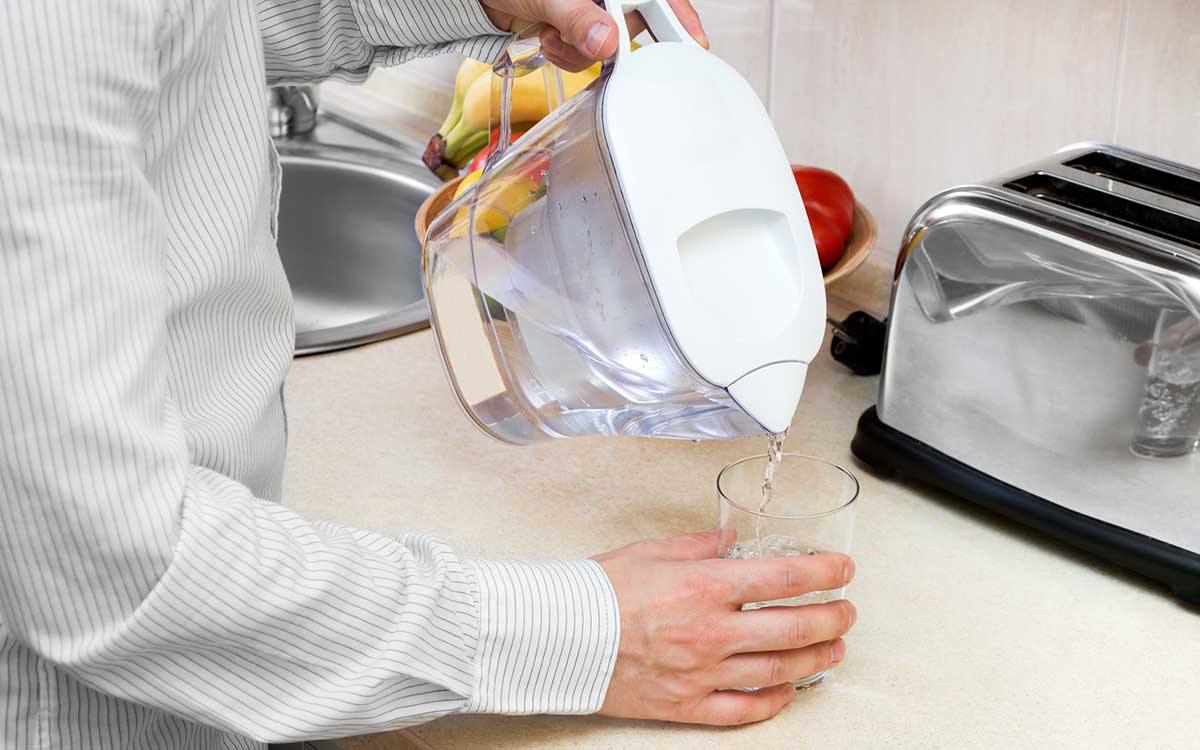How to Cure Thyroid Problems Naturally
The thyroid gland is a butterfly or the bow tie-shaped gland found at the base of the neck. The thyroid gland plays an essential role in the body by producing thyroxine - a hormone that helps in regulating metabolism, growth, development and heart rate both in adults and children. When there is an imbalance, it can result in an overreactive and an under-functioning thyroid. The signs of under-functioning thyroid included fatigue, constipation, changes in the menstrual cycle in women, hair loss, dry skin, decreased heart rate, coarse hair, disturbed sleep, and intolerance to cold. The signs of an overactive thyroid include rapid heart rate, thinning hair, loose and frequent bowel movements, weight loss, sweating, intolerance to heat, irritability, nervousness and reddish skin. The following are ways in which thyroid can be treated naturally at home.
Eat The Correct Foods

One should be in a place to understand the comparison between thyroid function and nutrition. The thyroid gland solely depends on a balanced diet including selenium, vitamins, and iodine. With these nutrients readily available in the body, the thyroid gland will function adequately. When one of these essential nutrients is lacking, the thyroid will not operate as it should. The most effective way to incorporate all these nutrients is to cook food at home, as this is the only way to ensure one is consuming all of the essential nutrients needed to keep the thyroid glands functioning correctly.
Limit Processed And Pre-Packaged Food

One should also limit pre-packaged food and processed food from their daily diet, as processed items are known for adding high amounts of sugar or salt to add flavor to otherwise bland food. This increased sugar intake worsens potential thyroid problems. Whole foods that are not pre-packaged or processed will still include the majority of their nutrients, minerals, and vitamins. A general rule for those with thyroid issues to follow is to avoid white foods such as white rice, white bread, and white pasta, as these foods have likely been overly processed. The best food substitute for these foods are brown rice, whole grain pasta, and whole grain bread.
Eat Fruits And Vegetables

Fruits and vegetables are a positive choice that should be included in one's daily diet, even for those without thyroid issues. Organic, seasonal and local fruits and vegetables are best because they are the typically the freshest, although consuming their frozen counterparts is still an acceptable way of consuming these nutrient-rich foods. Steaming or roasting vegetables is best to retain the essential nutrients that will aid in stabilizing thyroid problems. An individual with thyroid problems should also limit their intake of meat, especially red meat like beef and pork. When cooking with red meat, it is recommended that those with thyroid issues stick to eating lean beef because of its omega-6 and omega-3 fats. The cut of choice should also be raised without the use of antibiotics or hormones.
Consume Additional Fish And Legumes

Adding more fish products to one's diet will also help in curing thyroid problems, as fish is the best choice for consuming quality proteins and omega-3 fatty acids. Fish is a lean food choice that is also very easy to prepare. One should be cautious when selecting the type of fish as there are certain varieties which are high in mercury and can be quite harmful to the balance of the thyroid gland. One should also include legumes and beans in the diet such as lentils, as they contain a variety of vitamins that aid in the production of positive thyroid hormones. The best way to cook lentils and beans is by using a crockpot to simmer them, as this will soften them without any loss of essential nutrients.
Reduce Sugar Intake

Reducing the intake of sugar is also useful in balancing the thyroid gland. For one to reduce the consumption of sugar, it is essential to select complex carbohydrates like whole grains. Sugar substitutes and sugar itself are both harmful to the thyroid gland. Pure sugar, either high fructose corn syrup or granulated table sugar, can be compared to an addictive drug for some. If one has a hard time giving up the sweets, the herb stevia is considered a wise alternative. Those who have been diagnosed with diabetes should regularly see their physician to have their thyroid checked. Additionally, thyroid patients should monitor their blood sugar levels, because thyroid problems and diabetes are very commonly associated with one another.
Take Iodine And Iodine Supplements

One should ensure that enough iodine is present in their diet. The best way to consume iodine is by eating foods that have a moderate amount of salt and a small amount of red meat. Those who cannot consume salt due to blood pressure problems should look for an alternative such as a supplement that contains at least fifty percent iodine. Foods that are rich in iodine include sea vegetables, fish and seafood, milk, eggs, and yogurt. Other supplements contain minerals such as selenium and zinc. It is essential to talk with a healthcare provider to choose the appropriate supplements to reinforce one's daily diet.
Get Enough Rest And Exercise

Exercise is a necessity in the proper function of the thyroid gland. One should make it a habit of exercising for at least thirty minutes a day. Daily training does not need to be vigorous or even done inside a gym; by walking for a minimum of thirty minutes a day, one can make a significant impact on their overall health. If an individual needs to manage their thyroid problems typically without exercising, the best way is to consume fewer daily calories by cutting out junk foods, carbohydrates, fruit juices, sugars, and sodas.
Attend Fitness Classes

Another way to ensure an individual is getting an appropriate amount of exercise is by attending fitness classes. This method is particularly beneficial to those who have trouble motivating themselves to exercise on their own. There are many fitness classes available at a local gym; they include yoga, chi, qigong, Tai and many more. These classes are excellent options to keep a patient active while contributing to healthy thyroid gland functions. Exercise plays an essential role in keeping the blood flowing and this, in turn, assists the thyroid hormone to reach each cell within the neck. It is also vital for an individual to leave time for rest, as the thyroid gland is sensitive to stress.
Reduce Stress Levels

For many, exercise plays a crucial role in reducing stress levels. One should identify specific stress triggers in their life and work on reducing their impact on the mind, thus reducing their physical effects on the body. Meditation techniques such as counting breath and visualization techniques help in reducing daily stress levels. One proven method is learning to visualize using system chakra; the individual sits quietly and imagines a blue light entering the body through the thyroid gland. In ancient chakra practices, the thyroid gland is considered to be the fifth Chakra and is always characterized by the blue color. One should practice this technique at least five minutes a day to reduce stress.
Drink Plenty Of Water

Drinking enough water keeps the body hydrated and helps the thyroid gland to function accurately. It is important for those with thyroid issues to drink mainly filtered water, as the consumption of fluoride and chlorine in water can block the iodine receptors in the thyroid gland. Because thyroid issues can occur at any age, it is wise to attend frequent medical checkups to monitor the condition of the thyroid gland. Patients should not take any herbal supplements unless directed by a medical professional and should always see a doctor if their thyroid problems seem to be worsening.
